Alaska women who live in rural and remote communities usually travel to city centers to give birth — against incredible geographical odds. It hasn’t always been this way. COVID-19 has made a hard trip even more daunting.
Health Equity & Social Justice

Prompted by a Tampa Bay Times investigation into the Pasco Sheriff’s Office, the bill seeks greater transparency for intelligence-led police work.
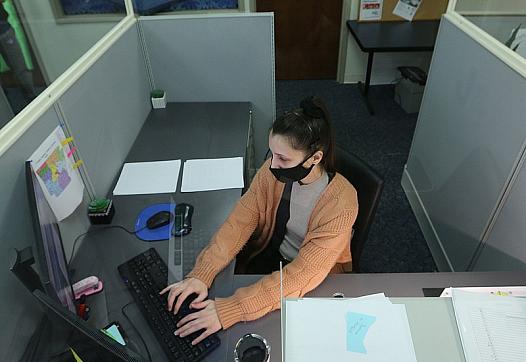
Arkansas is the only state in the country in which two separate state departments conduct non-criminal investigations of suspected child maltreatment.
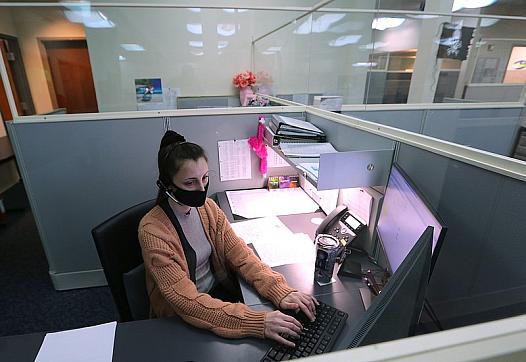
This is what happens when the hot line receives a report of alleged child maltreatment, according to interviews with Arkansas State Police and Arkansas Department of Human Services officials, state documents and state webpage.
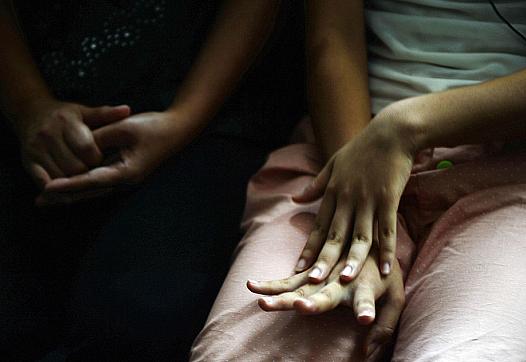
When a reporter delved into the “hidden foster care” system, she found more questions than answers.

"The stress of my own personal experiences led me to dig deeper into how immigrant women were faring through the pandemic."
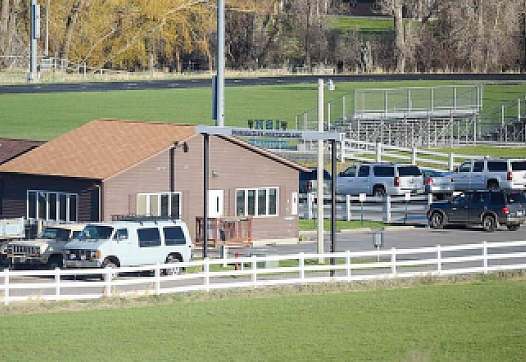
A Wyoming treatment center where California had long sent troubled youth will shut down in March, following a Chronicle and Imprint investigation into violent abuse at its campus and others operated by Sequel Youth & Family Services.
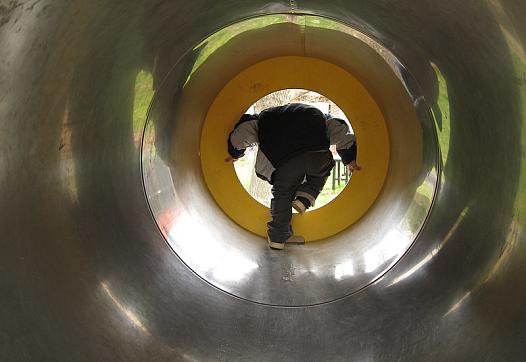
"For years, I avoided stories I deemed too personal. Until the day I couldn’t."
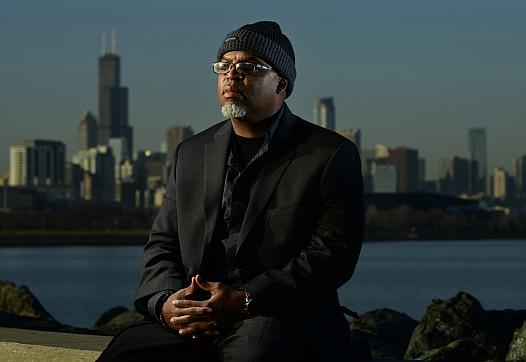
It can be hard for people returning from a prison sentence to secure the housing they need to successfully reenter communities. And the COVID-19 pandemic has made it even harder.
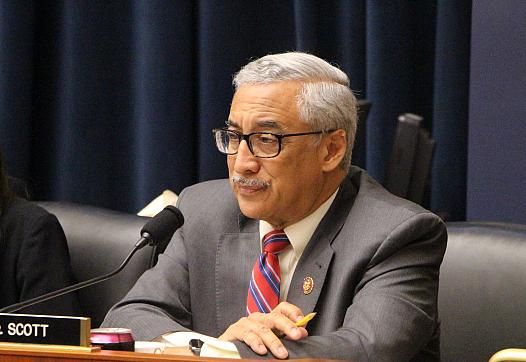
The school district shares student data with the Sheriff’s Office, which uses it to identify potential future criminals.
